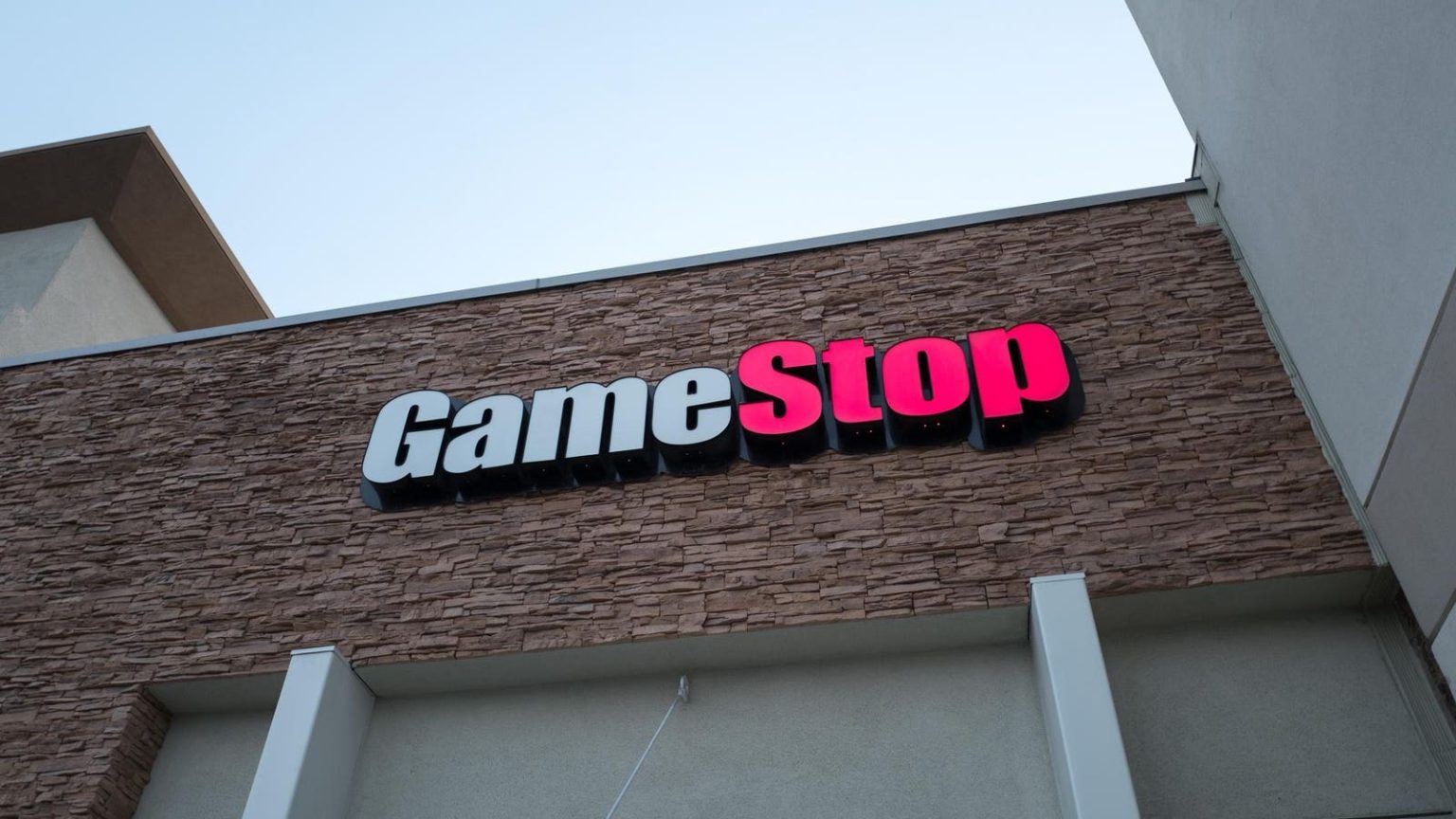GameStop Corp. is experiencing negative free cash flow of $115 million per quarter, resulting in an annual cash burn of $460 million. Despite this, the company has a net cash and securities balance of $1.05 billion with almost no debt and recently raised an additional $933 million, bringing the total to almost $2 billion. GameStop has also filed to sell 75 million more shares, potentially raising between $1.72 billion and $2.62 billion.
With a net cash balance of about $4 billion to $5 billion and approximately 426 million shares outstanding, the stock is valued at around $11 to $12 per share after accounting for its cash-burning business. The stock is currently priced at almost $23, assuming a market value of nearly $10 billion. This valuation indicates that management must achieve almost a 100% return on investment with the new cash, presenting a risky proposition for value investors due to the lack of margin of safety.
The company’s financials show a net cash balance of $1.05 billion as of May 4, with a quarterly cash burn of $114.70 million. After selling 45 million new shares in May, GameStop has a net cash balance per share of $5.67 with 351.21 million shares outstanding. The potential sale of 75 million more shares could increase the net cash balance to $4 billion to $4.60 billion, resulting in a net value per share of $10.80 to $11.
Investors who are attracted to the speculative value of GameStop may see the excess value per share as $11, amounting to a total of $4.68 billion. With a market cap of almost $10 billion based on the stock’s current price, the speculative value of the company is estimated at $9.8 billion. However, this implies that management can achieve a significant return on investment, which may be a gamble for most conservative investors.
For value investors, the lack of margin of safety presents a potential concern when considering GameStop stock. It would be more favorable to invest in the stock if the net cash accounted for at least 80% of the stock market value, the company can manage its cash burn effectively, demonstrate profitable use of new cash, position itself as a venture capital or private-equity business, or raise additional cash at higher stock prices. As of now, these factors are not evident, making GameStop a risky investment above $12 per share.


